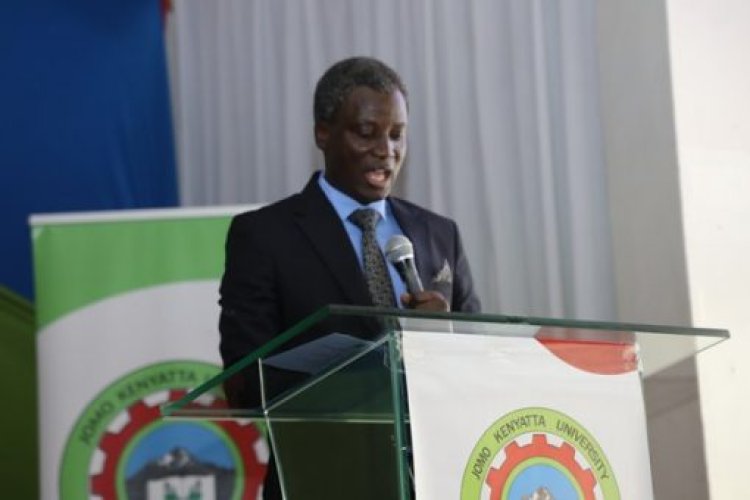Bowen University VC Calls for Regulation of Distance Learning Nursing Programs to Ensure Quality Training
Professor Jonathan Babalola, Vice-Chancellor of Bowen University in Iwo, Osun State, has called on the Nursing and Midwifery Council of Nigeria (NMCN) to enforce stricter regulations on distance learning nursing programs.

Professor Jonathan Babalola, the Vice-Chancellor of Bowen University in Iwo, Osun State, has urged the Nursing and Midwifery Council of Nigeria (NMCN) to enforce stringent regulations on institutions offering distance learning programs in nursing. His comments came during the 5th Induction and Award Ceremony for 46 nursing graduates inducted by the NMCN.
Babalola expressed deep concern over the inadequate training of nursing students at certain universities, particularly those operating distance learning formats. He highlighted that many institutions compromise the quality of education in their quest for profit, failing to provide the necessary clinical training hours required for competent nursing practice.
“In the attempt to make money, there are universities running distance learning programs for Bachelor's degrees in Nursing that do not expose students to the required number of clinical service hours,” he stated. “It is not sufficient to expose our students to just two to three weeks of clinical service; this is tantamount to producing killers. If institutions cannot meet the expected training requirements for clinical practice, it is better not to graduate these students.”
Babalola’s plea emphasizes the urgent need for the NMCN to establish standards that ensure all nursing students, regardless of their mode of learning, receive comprehensive clinical training. His call to action aims to protect the integrity of the nursing profession in Nigeria and ensure that graduates are adequately prepared to provide safe and effective care.

 Chris Oyeoku Okafor
Chris Oyeoku Okafor 



